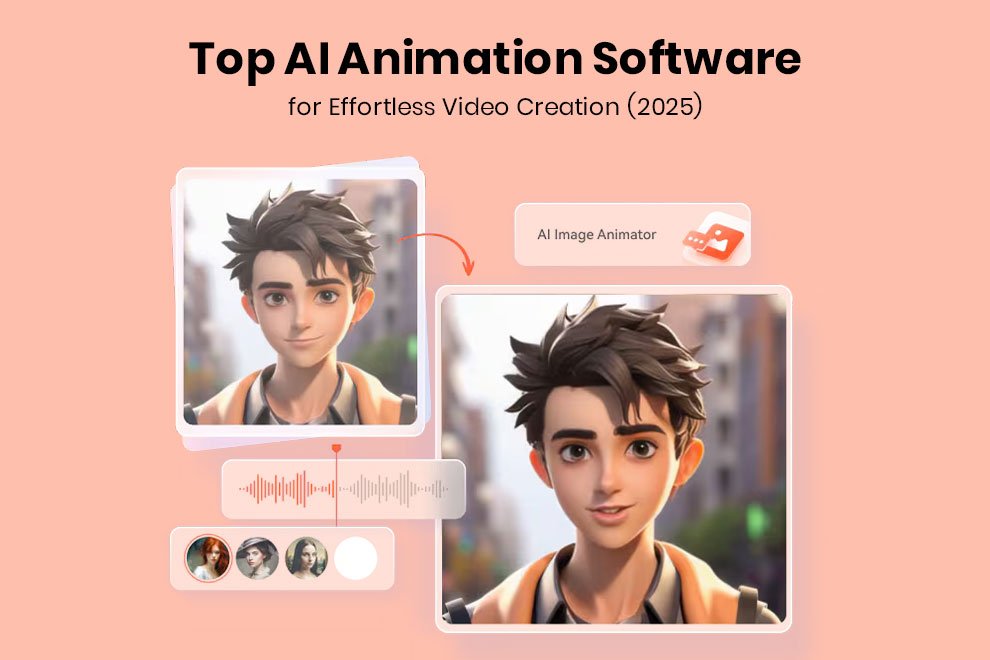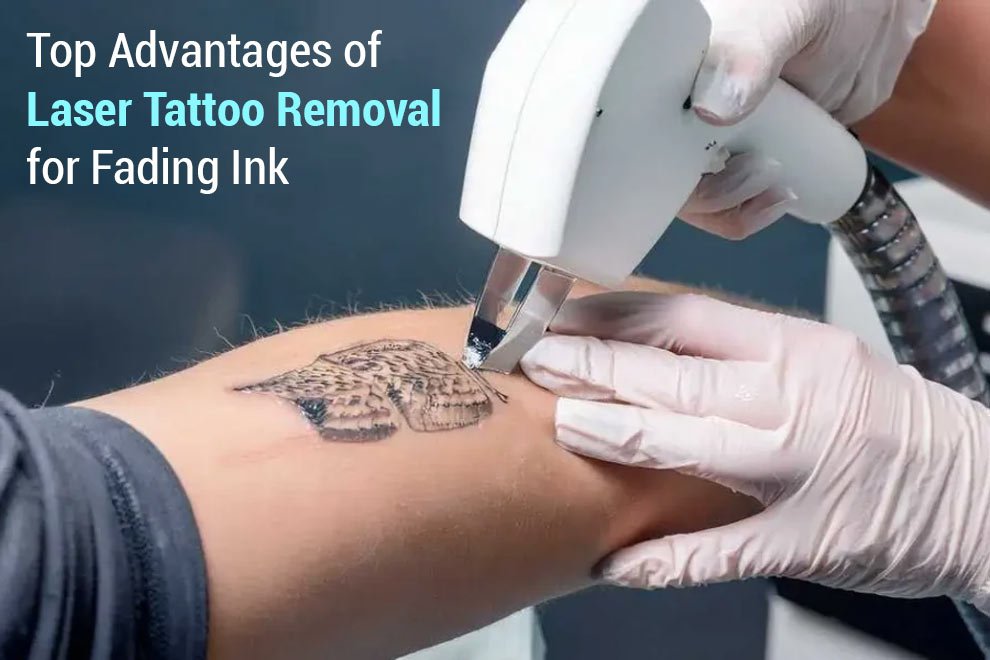Ways to use people’s voice to detect coronavirus in 30 seconds
Nine months fighting with the coronavirus pandemic, the global death toll has exceeded one million people. But researchers warn official figures underestimate the death toll, which could reach more than 3 million people by January. If governments continue lifting precautions, the death toll could climb further, with around 72,700 people dying each day. Scientists are exploring ways to detect COVID-19 patients and obtain their health information using various technologies such as health scanning apps, smartwatch, terahertz spectroscopy, isothermal test, and even smart masks.
And in Israel, the defense ministry and a start-up company, Vocalis Health, asked people to donate their voices. The positive tested people for the coronavirus could participate simply by downloading a Vocalis research app.
How does Vocalis detect coronavirus?
Vocalis previously built a smartphone app that could efficiently detect flare-ups of chronic obstructive pulmonary disease by listening for signs that users were short of breath when speaking. Now, the firm wants to do the same thing with COVID-19. Once a day, they fired up the app and spoke into their phones, describing an image aloud and counting from 50 to 70. They process the voice recordings with its machine-learning system, alongside the voices of people who had tested negative for the disease, in an attempt to identify a voiceprint for the illness.
Smart speakers as in-home medical devices
“In the future, your robot, your Siri, your Alexa will simply say, ‘Oh you’ve got a cold,” says Björn Schuller, speech and emotion recognition specialist. Although there are obvious vocal distortions many scientists claim vocal analysis could help to identify an enormous range of disorders.
Different diseases cause different voice signals/vibrations and leave diagnostic clues in a person’s speech. Machine learning has provided scientists a way to detect aberrations, quickly and at scale. A number of voice-analysis start-ups are also turning their software to diagnose mental illness. Many scientists have developed systems that can scan slow, pause-heavy, monotonous speech that tends to characterize mental disorders such as depression, dementia, Alzheimer’s, etc.










